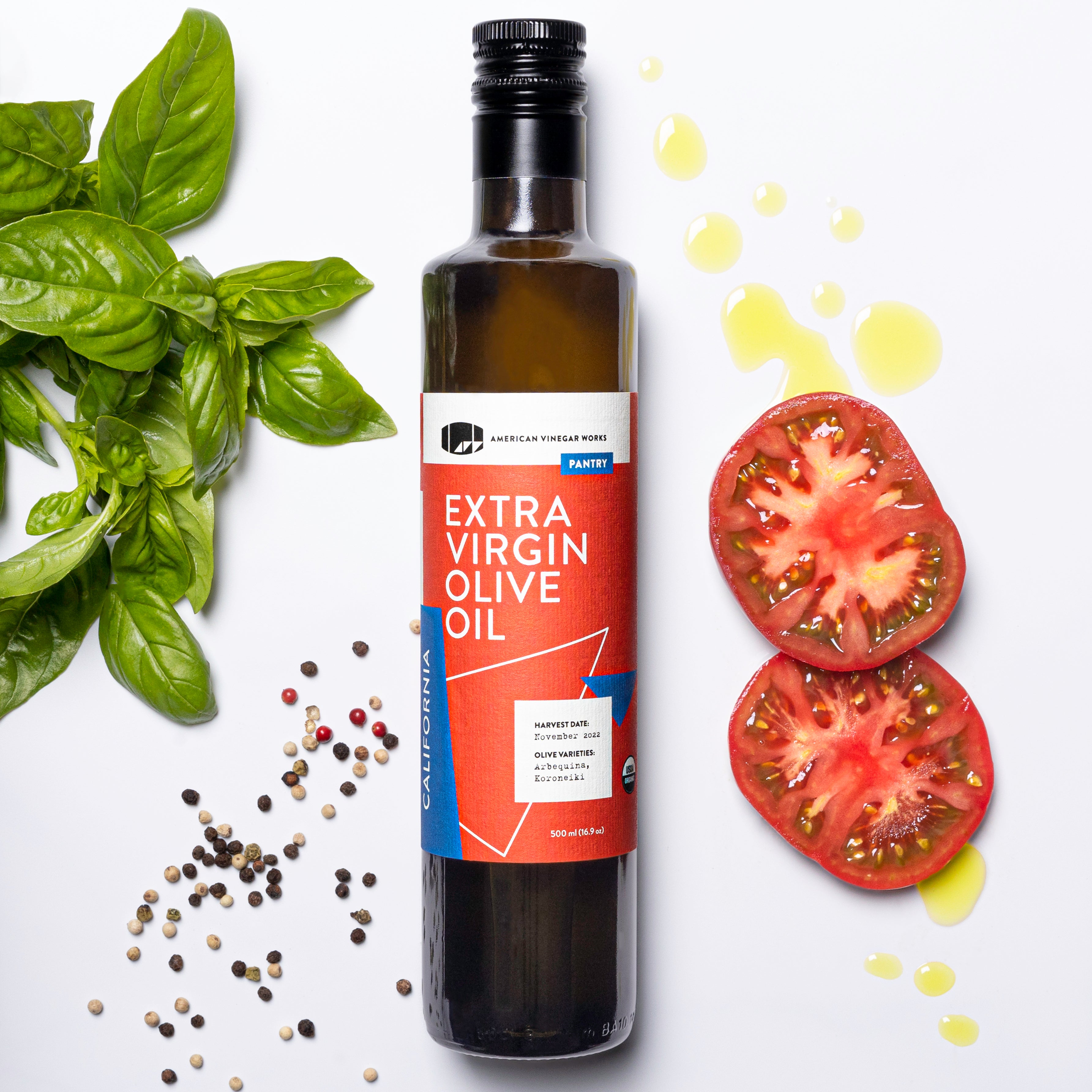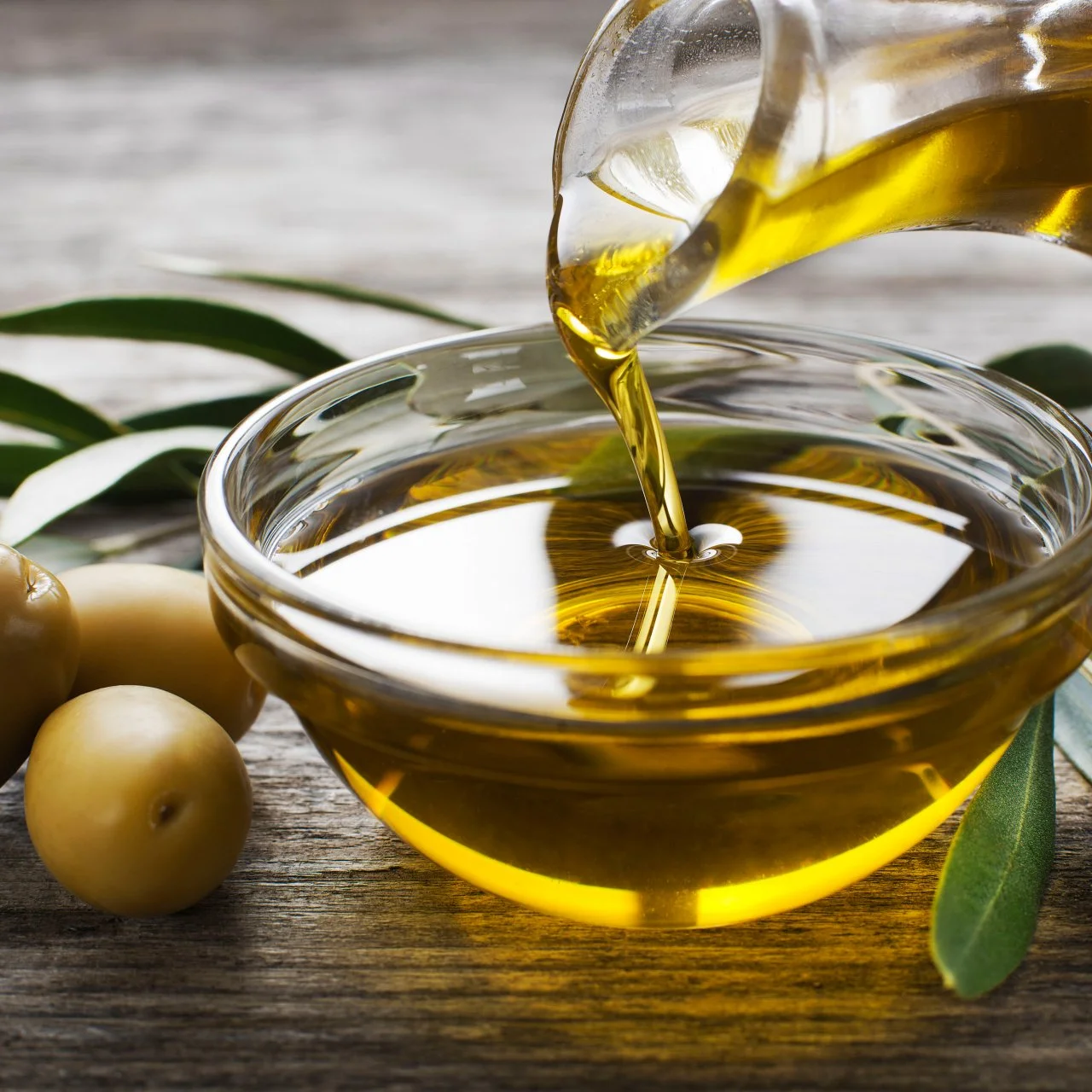Discovering the Different Sorts Of Olive Oil and Their Usages, Including Extra Virgin Olive Oil
The exploration of olive oil incorporates a diverse array of types, each offering unique flavors and cooking applications. Bonus virgin olive oil, renowned for its premium top quality and wellness advantages, offers as a staple in many kitchens, yet it is only one aspect of this complex active ingredient.
What Is Olive Oil?
Originated from the fruit of the olive tree, olive oil is a staple in Mediterranean food and an essential active ingredient in numerous culinary applications. This flexible oil is created by pushing whole olives, causing a fluid that varies in taste, aroma, and color relying on the sort of olives made use of, the area of cultivation, and the removal procedure. Olive oil is mainly made up of monounsaturated fats, particularly oleic acid, which is known for its prospective wellness advantages, consisting of anti-inflammatory residential properties and cardiovascular support.
Along with its cooking uses, olive oil has a lengthy history of application in conventional medicine and skin care, owing to its rich antioxidant web content (extra virgin olive oil benefits). The oil is usually utilized in dressings, marinades, and for cooking approaches such as sautéing and roasting. Its unique flavor account can enhance the preference of different dishes, making it a necessary ingredient for both home cooks and professional chefs
Additionally, olive oil is commemorated for its role in the Mediterranean diet, which is associated with various wellness benefits. As recognition of these benefits expands, olive oil continues to get popularity worldwide as a fundamental component of a healthy and balanced way of living.
Sorts Of Olive Oil
Recognizing the various sorts of olive oil is vital for both culinary fanatics and health-conscious customers. Olive oil is identified mostly based on its removal technique and quality, which substantially affects its scent, flavor, and health benefits.

Light olive oil, regardless of its name, refers to a lighter taste and not reduced calories. It is optimal for those looking for a much more subtle preference in dressings and sauces. In addition, there are flavored olive oils instilled with natural herbs, spices, or citrus, which can boost meals without the demand for additional spices.
Each kind of olive oil serves certain culinary objectives, and comprehending these distinctions allows consumers to make enlightened options that align with their cooking designs and wellness objectives.
Extra Virgin Olive Oil
Extra virgin olive oil (EVOO) is extensively considered the best quality olive oil available, celebrated for its abundant taste and countless health benefits. To be identified as extra virgin, the oil has to be generated from fresh olives making use of mechanical procedures, without making use of solvents or too much warmth. This meticulous method preserves the oil's natural tastes, anti-oxidants, and healthy fats, leading to a product with a reduced acidity degree of much less than 0.8%.
EVOO is plentiful in monounsaturated fats, especially oleic acid, which is connected to lowered swelling and enhanced heart health. It also includes polyphenols, effective antioxidants that may provide safety effects versus persistent conditions. The flavor account of EVOO can differ substantially depending on the olive range and region of manufacturing, varying from grassy and fruity to durable and peppery.

Culinary Uses of Olive Oil

In food preparation, olive oil can be used for sautéing, roasting, and barbecuing, providing a healthier alternative to butter or various other fats. Its high smoke point makes it suitable for different cooking techniques, while its antioxidants add to a heart-healthy diet. Sprinkling olive oil over completed recipes, such as pasta, fish, or smoked veggies, can boost flavors and include a touch of sophistication.
Moreover, olive oil plays a significant duty in baking, where it can replace conventional fats in dishes for bread and pastries, presenting moisture and a refined taste. It also functions as a base for infused oils, enabling chefs to trying out tastes such as garlic, natural herbs, or chili, additionally broadening its cooking possibility. In general, olive oil's convenience makes it essential in both home and professional kitchens.
Picking Top Quality Olive Oil
When picking top quality olive oil, it's important to think about several vital factors that influence the product's aroma, health, and flavor benefits. Opt for added virgin olive oil advice (EVOO), which is acquired from the very first cold pushing of olives and has the highest possible degrees of anti-oxidants and advantageous substances. Seek oils that are certified by recognized organizations, as this typically makes sure adherence to strict top quality standards.
The product packaging likewise plays a considerable duty in preserving the oil's honesty. Choose oils stored in dark glass bottles or tins to safeguard versus light deterioration. Pay focus to the harvest day; fresher oils offer exceptional taste and nutritional value, so select items that are within 18 months of their harvest.
Furthermore, think about the origin of the oil. High-grade olive oils frequently come from details areas known for their unique flavor profiles, such as Italian, Spanish, or Greek oils. Finally, understand the preference; a good quality olive oil ought to have a balance of fruity, bitter, and sharp notes, indicating its richness and intricacy. By examining these elements, you can ensure you are choosing the ideal olive oil for your cooking needs.
Conclusion
In recap, the exploration of numerous kinds of olive oil discloses unique features and applications, with additional virgin olive oil standing for the peak of top quality due to its low level of acidity and high antioxidant material. Understanding the various ranges of olive oil permits for informed selections in food preparation methods, promoting much healthier methods while improving the general gastronomic experience.
Obtained from the fruit of the olive tree, olive oil is a staple in Mediterranean cuisine and a crucial component in numerous culinary applications.The most typical kinds of olive oil consist of improved olive oil, pure olive oil, and light olive oil.Extra virgin olive oil (EVOO) is extensively related to as the highest possible high quality olive oil offered, celebrated for its rich taste and many health advantages. Decide for added virgin olive oil (EVOO), which is acquired from the very first chilly pushing of olives and includes the highest possible degrees of antioxidants and beneficial substances.In summary, the expedition of various kinds of olive oil reveals distinctive features and applications, with extra virgin olive oil standing for the pinnacle of high quality due to its low acidity and high antioxidant web content.